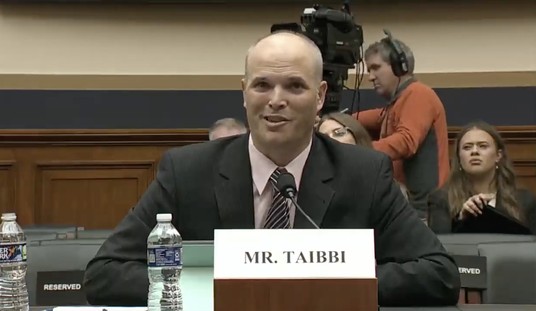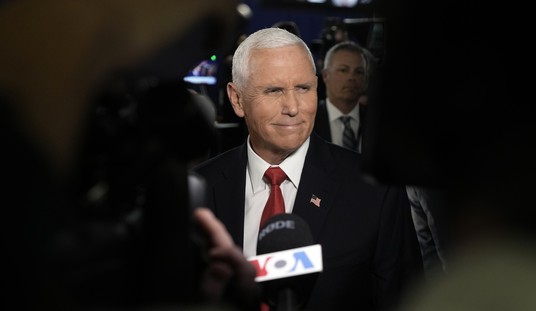From the diaries…
Insurance (n): financial protection against loss or harm: an arrangement by which a company gives customers financial protection against loss or harm such as theft or illness in return for payment premium.
So, the Obama administration has just announced that all employers will henceforth pay for birth control medications and abortifacients. Setting aside the (substantial) conscience issues that many religiously-motivated employers have with this government compulsion, how exactly is this even “insurance”?
Consider traditional forms of insurance, such as fire, flood, or life insurance. When someone buys these types of insurance, they are protecting themselves against catastrophic financial harm from an unanticipated, unambiguously disastrous event. Nobody would wish a fire or flood on themselves, and by pooling resources, millions of insurance policy holders spread the risk of such events so that everybody pays a little to ensure that nobody suffers the full impact when it happens to them.
In this light, what we are calling “health insurance” is not health insurance at all. It’s more of a purchasing pool which gives people the right to consume certain goods and services paid by a third party. I can’t think of any other product we buy this way. Imagine paying a flat fee to Safeway for the right to pick up our weekly grocery haul (perhaps with a small co-pay at the cash register) – and calling it “food insurance.” Even stranger – imagine having your employer pay that fee on your behalf as part of your compensation package. Double down on strangeness – imagine the government organizing purchasing pools for people who can’t afford “food insurance,” setting standards on what employers must pay for in their “food insurance” policies, etc.
When you buy groceries, you buy only what you need; you economize by comparing prices across brands and stores; you pay attention to the quality measures that matter to you, such as taste and freshness. Suppose, instead, you knew that you’d be paying $50 regardless of what was in your cart. You might load up on expensive meats and packaged foods, and blow past the plain-tasting generic aisle. (Even if you didn’t, you can bet your neighbor will. So you might as well, right?) To hold down costs, the grocery store might stop carrying premium brands; or it might impose controls, such as no more than two visits per month, and approval by a dietary specialist as a condition to enter the expensive deli section. What do you suppose would happen to the availability, quality, and cost (the real cost, not the out-of-pocket co-pay) of groceries if this was how they were paid for? (Hint: it’s exactly what has happened to health care.)
Getting back to the new Obamacare mandate: Obama’s HHS has decided that our so-called “health insurance” policies must cover the cost of birth control and abortifacients. I may have found the explanation. In March 2008, candidate Obama famously offered the following remark at a town hall meeting. Speaking about his daughters, he said: “If they make a mistake, I don’t want them punished with a baby.” (That phrase – “punished with a baby” – is very revealing.) Perhaps this new mandate finally provides a rationale for calling it insurance. It makes sense if you take the view that a pregnancy is nothing but a disaster against which one should take precautions, and a baby is merely a financial catastrophe against which one should be protected.













Join the conversation as a VIP Member